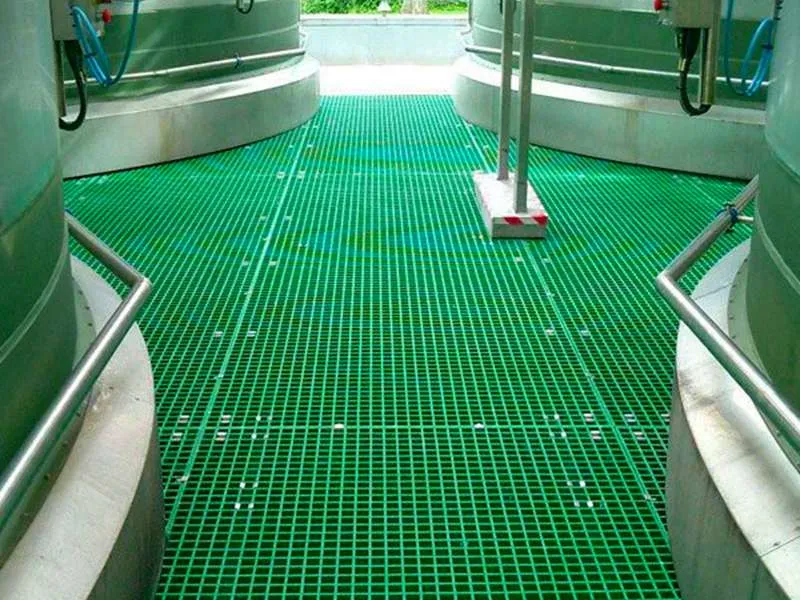
-
 Afrikaans
Afrikaans -
 Albanian
Albanian -
 Amharic
Amharic -
 Arabic
Arabic -
 Armenian
Armenian -
 Azerbaijani
Azerbaijani -
 Basque
Basque -
 Belarusian
Belarusian -
 Bengali
Bengali -
 Bosnian
Bosnian -
 Bulgarian
Bulgarian -
 Catalan
Catalan -
 Cebuano
Cebuano -
 China
China -
 China (Taiwan)
China (Taiwan) -
 Corsican
Corsican -
 Croatian
Croatian -
 Czech
Czech -
 Danish
Danish -
 Dutch
Dutch -
 English
English -
 Esperanto
Esperanto -
 Estonian
Estonian -
 Finnish
Finnish -
 French
French -
 Frisian
Frisian -
 Galician
Galician -
 Georgian
Georgian -
 German
German -
 Greek
Greek -
 Gujarati
Gujarati -
 Haitian Creole
Haitian Creole -
 hausa
hausa -
 hawaiian
hawaiian -
 Hebrew
Hebrew -
 Hindi
Hindi -
 Miao
Miao -
 Hungarian
Hungarian -
 Icelandic
Icelandic -
 igbo
igbo -
 Indonesian
Indonesian -
 irish
irish -
 Italian
Italian -
 Japanese
Japanese -
 Javanese
Javanese -
 Kannada
Kannada -
 kazakh
kazakh -
 Khmer
Khmer -
 Rwandese
Rwandese -
 Korean
Korean -
 Kurdish
Kurdish -
 Kyrgyz
Kyrgyz -
 Lao
Lao -
 Latin
Latin -
 Latvian
Latvian -
 Lithuanian
Lithuanian -
 Luxembourgish
Luxembourgish -
 Macedonian
Macedonian -
 Malgashi
Malgashi -
 Malay
Malay -
 Malayalam
Malayalam -
 Maltese
Maltese -
 Maori
Maori -
 Marathi
Marathi -
 Mongolian
Mongolian -
 Myanmar
Myanmar -
 Nepali
Nepali -
 Norwegian
Norwegian -
 Norwegian
Norwegian -
 Occitan
Occitan -
 Pashto
Pashto -
 Persian
Persian -
 Polish
Polish -
 Portuguese
Portuguese -
 Punjabi
Punjabi -
 Romanian
Romanian -
 Russian
Russian -
 Samoan
Samoan -
 Scottish Gaelic
Scottish Gaelic -
 Serbian
Serbian -
 Sesotho
Sesotho -
 Shona
Shona -
 Sindhi
Sindhi -
 Sinhala
Sinhala -
 Slovak
Slovak -
 Slovenian
Slovenian -
 Somali
Somali -
 Spanish
Spanish -
 Sundanese
Sundanese -
 Swahili
Swahili -
 Swedish
Swedish -
 Tagalog
Tagalog -
 Tajik
Tajik -
 Tamil
Tamil -
 Tatar
Tatar -
 Telugu
Telugu -
 Thai
Thai -
 Turkish
Turkish -
 Turkmen
Turkmen -
 Ukrainian
Ukrainian -
 Urdu
Urdu -
 Uighur
Uighur -
 Uzbek
Uzbek -
 Vietnamese
Vietnamese -
 Welsh
Welsh -
 Bantu
Bantu -
 Yiddish
Yiddish -
 Yoruba
Yoruba -
 Zulu
Zulu
Benefits and Applications of Fiberglass Tanks in Various Industries
The Versatility and Benefits of Fiberglass Tanks
In the realm of industrial applications, fiberglass tanks have emerged as a preferred solution for numerous storage needs. The combination of strength, durability, and flexibility makes fiberglass an attractive alternative to traditional materials like steel and concrete. This article will explore the various advantages of fiberglass tanks, their applications, and why they are becoming increasingly popular among industries.
Fiberglass, or fiberglass-reinforced plastic (FRP), is a composite material made from a polymer matrix reinforced with glass fibers. This unique composition affords fiberglass tanks several inherent benefits. One of the primary advantages is their remarkable resistance to corrosion. Unlike metal tanks that can rust and degrade when exposed to moisture or harsh chemicals, fiberglass tanks are highly resistant to chemical attack, making them ideal for storing corrosive substances such as acids, alkalis, and various industrial solvents.
Another significant benefit of fiberglass tanks is their lightweight nature. Compared to traditional materials, fiberglass tanks are notably lighter, which simplifies transportation and installation. This can lead to reduced labor costs and expedited project timelines. Additionally, the lightweight properties help alleviate structural stresses on supporting frameworks, making them suitable for various site conditions.
Fiberglass tanks are also known for their durability. They can withstand extreme temperatures without cracking or warping, making them suitable for both hot and cold environments. Furthermore, the molded design of fiberglass tanks ensures that there are no seams, which minimizes the risk of leaks and structural failure. This durability not only prolongs the lifespan of the tank but also reduces maintenance costs over time.
fiberglass tank

When it comes to customization, fiberglass tanks offer unmatched versatility. They can be manufactured in a wide range of shapes and sizes to meet specific operational needs. Whether it’s a small tank for residential use or a large tank for industrial applications, fiberglass can be tailored to fit diverse requirements. Additionally, fiberglass tanks can be designed with varying wall thicknesses and reinforcement patterns to enhance strength and performance according to their intended application.
The environmental footprint of fiberglass tanks is another aspect worth mentioning. The production process of fiberglass is less energy-intensive compared to metal and concrete alternatives. Furthermore, their longevity and resistance to corrosion reduce the need for replacements, leading to less waste in landfills. Many industries are now prioritizing sustainable practices, and fiberglass tanks align with these values by offering a durable and eco-friendly storage solution.
Fiberglass tanks find their applications in various sectors, including water treatment, chemical processing, agriculture, and even in residential settings for water storage. In water treatment facilities, they are used for both storage and for processes such as anaerobic digestion. In agriculture, fiberglass tanks are common for storing fertilizers and pesticides, ensuring that these chemicals remain contained safely and effectively.
In conclusion, fiberglass tanks represent a significant advancement in storage technology. Their corrosion resistance, lightweight structure, durability, customization options, and environmental benefits make them an excellent choice for a wide array of applications. As industries continue to evolve and place a premium on efficiency and sustainability, the demand for fiberglass tanks is likely to grow, signaling a bright future for this versatile storage solution.









